Best LG TVs in 2025: the best LG OLEDs tested and reviewed
Looking for an LG TV? Your best bet is OLED
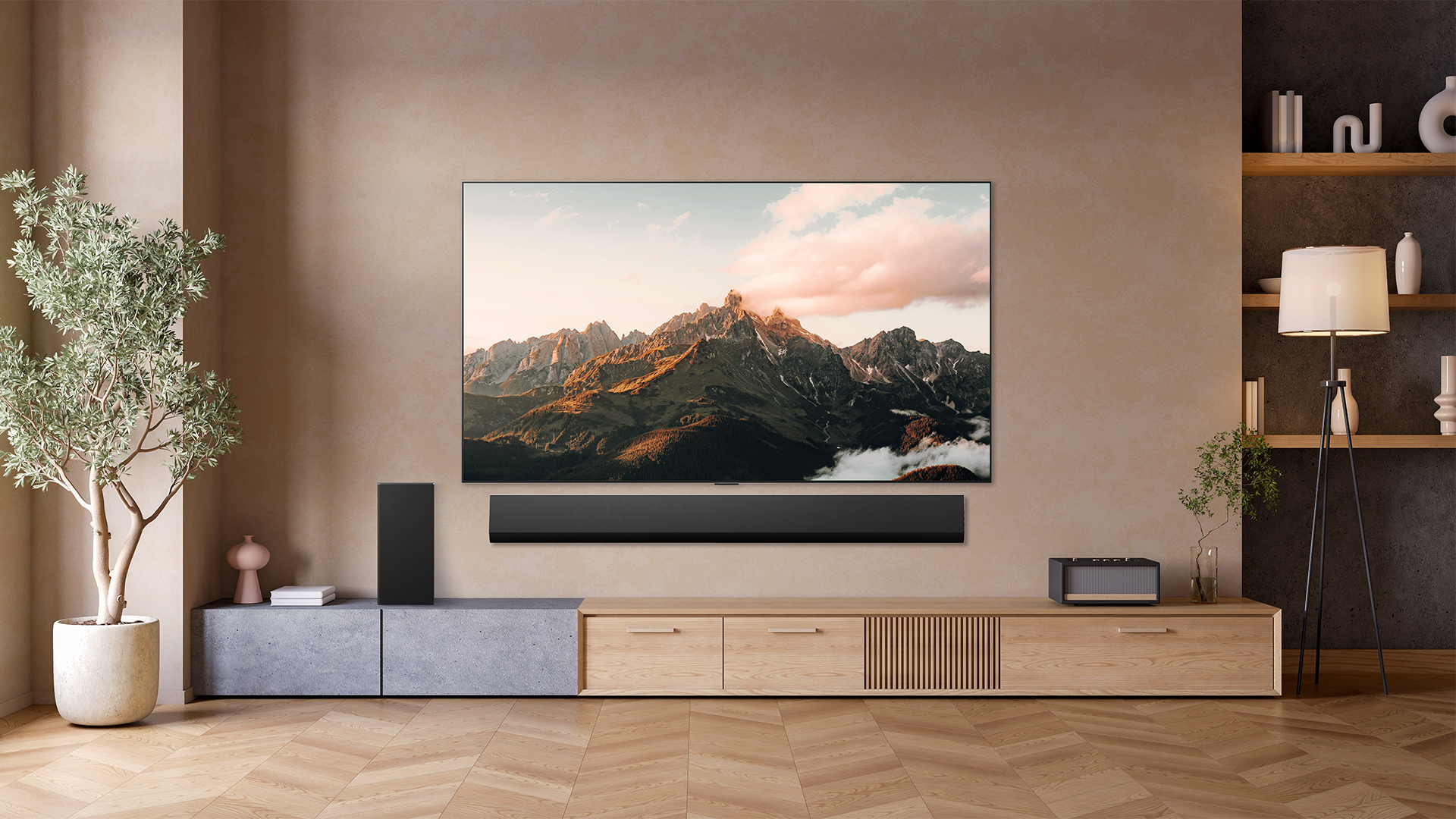
Here at Tom’s Guide our expert editors are committed to bringing you the best news, reviews and guides to help you stay informed and ahead of the curve!
You are now subscribed
Your newsletter sign-up was successful
Want to add more newsletters?

Daily (Mon-Sun)
Tom's Guide Daily
Sign up to get the latest updates on all of your favorite content! From cutting-edge tech news and the hottest streaming buzz to unbeatable deals on the best products and in-depth reviews, we’ve got you covered.

Weekly on Thursday
Tom's AI Guide
Be AI savvy with your weekly newsletter summing up all the biggest AI news you need to know. Plus, analysis from our AI editor and tips on how to use the latest AI tools!

Weekly on Friday
Tom's iGuide
Unlock the vast world of Apple news straight to your inbox. With coverage on everything from exciting product launches to essential software updates, this is your go-to source for the latest updates on all the best Apple content.

Weekly on Monday
Tom's Streaming Guide
Our weekly newsletter is expertly crafted to immerse you in the world of streaming. Stay updated on the latest releases and our top recommendations across your favorite streaming platforms.
Join the club
Get full access to premium articles, exclusive features and a growing list of member rewards.
LG makes some of the best OLED TVs on the market. This is partly why, despite the wide availability of LG-branded LCD/LED TVs, all of the best LG TVs you can buy feature OLED displays.
Fortunately, after over a decade of tweaking its formula, LG OLED TVs are better than ever. Not only that, but it’s never been more affordable to pick up an LG OLED, as the brand now offers three different tiers of OLED series depending on your needs and preferences: the entry-level LG B Series OLED, the mid-range C Series and the flagship G Series.
Right now, the best LG TV for most people is the LG C5 OLED. This five-star, mid-range marvel delivers sensational picture quality and a wide array of features for gaming and streaming, but it comes in at much friendlier price than LG’s top-shelf G5 OLED.
Quick list
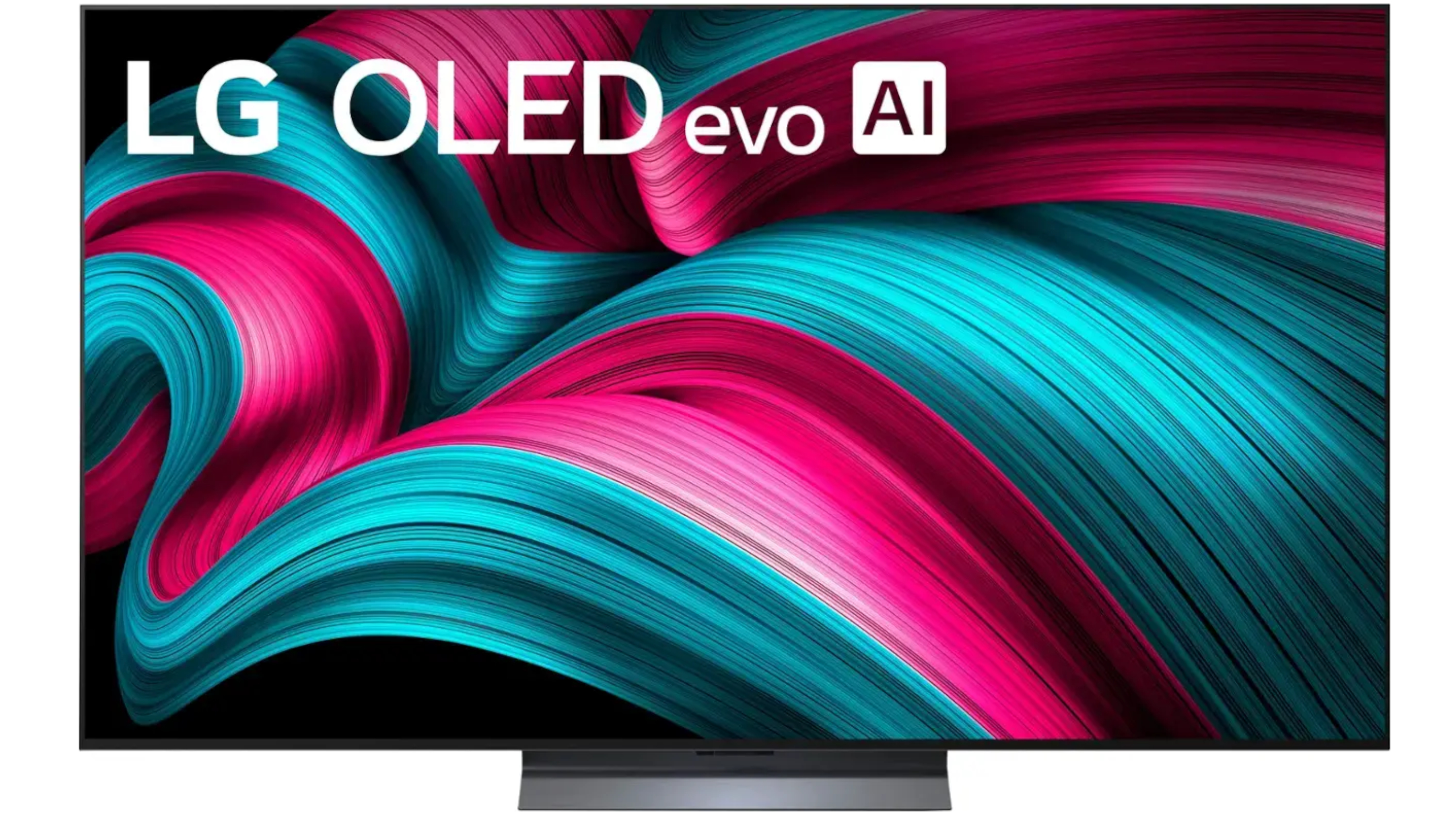
The best LG TV for most people is LG’s mid-range OLED. Its incredible picture and long list of features come in a package that's much more affordable than LG's top-shelf OLED.
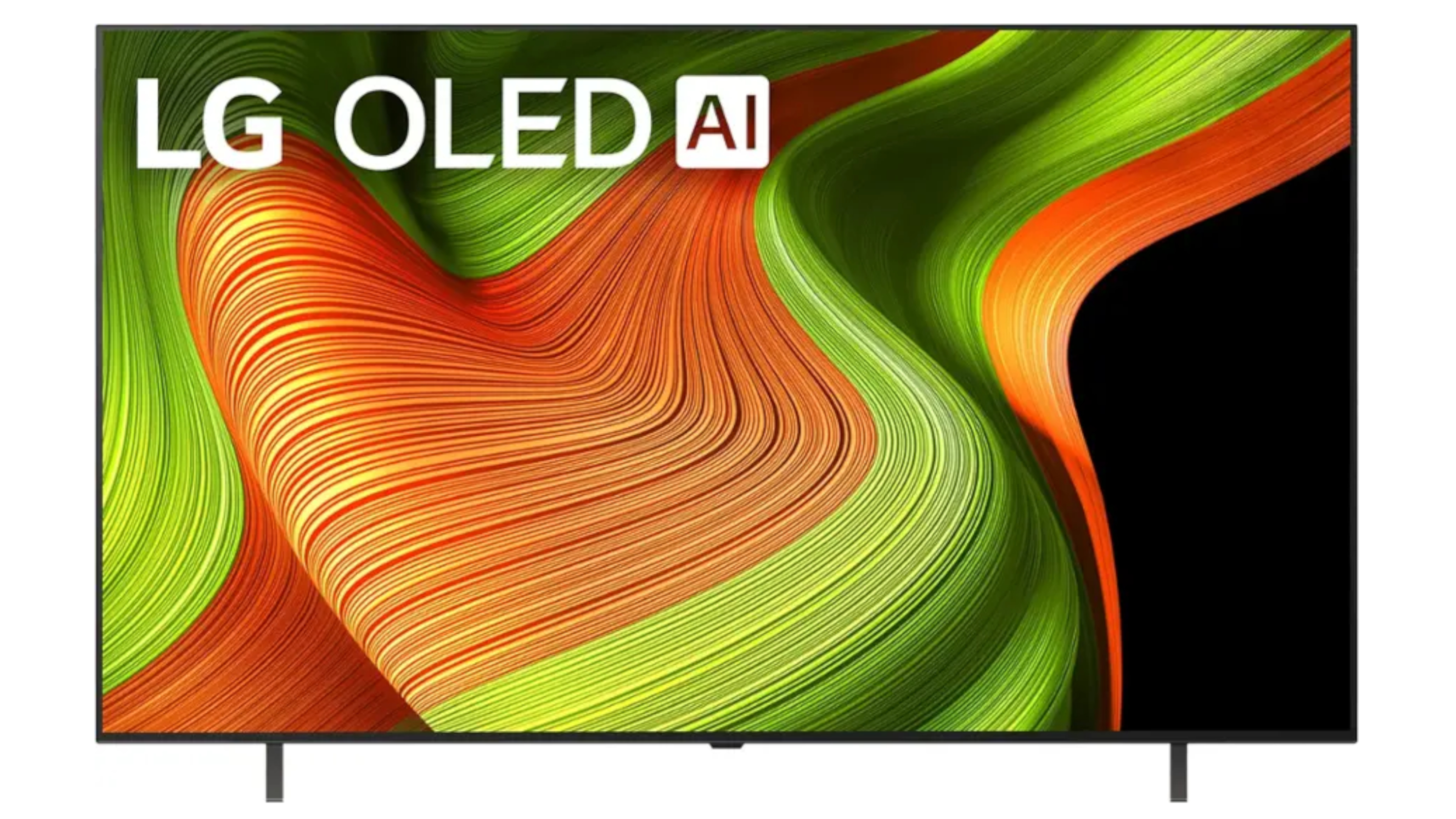
As LG's entry-level OLED TV for 2025, the B5 doesn't get as bright as the C Series and G Series, but its relatively affordable price brings OLED performance down to a cost most folks can justify.
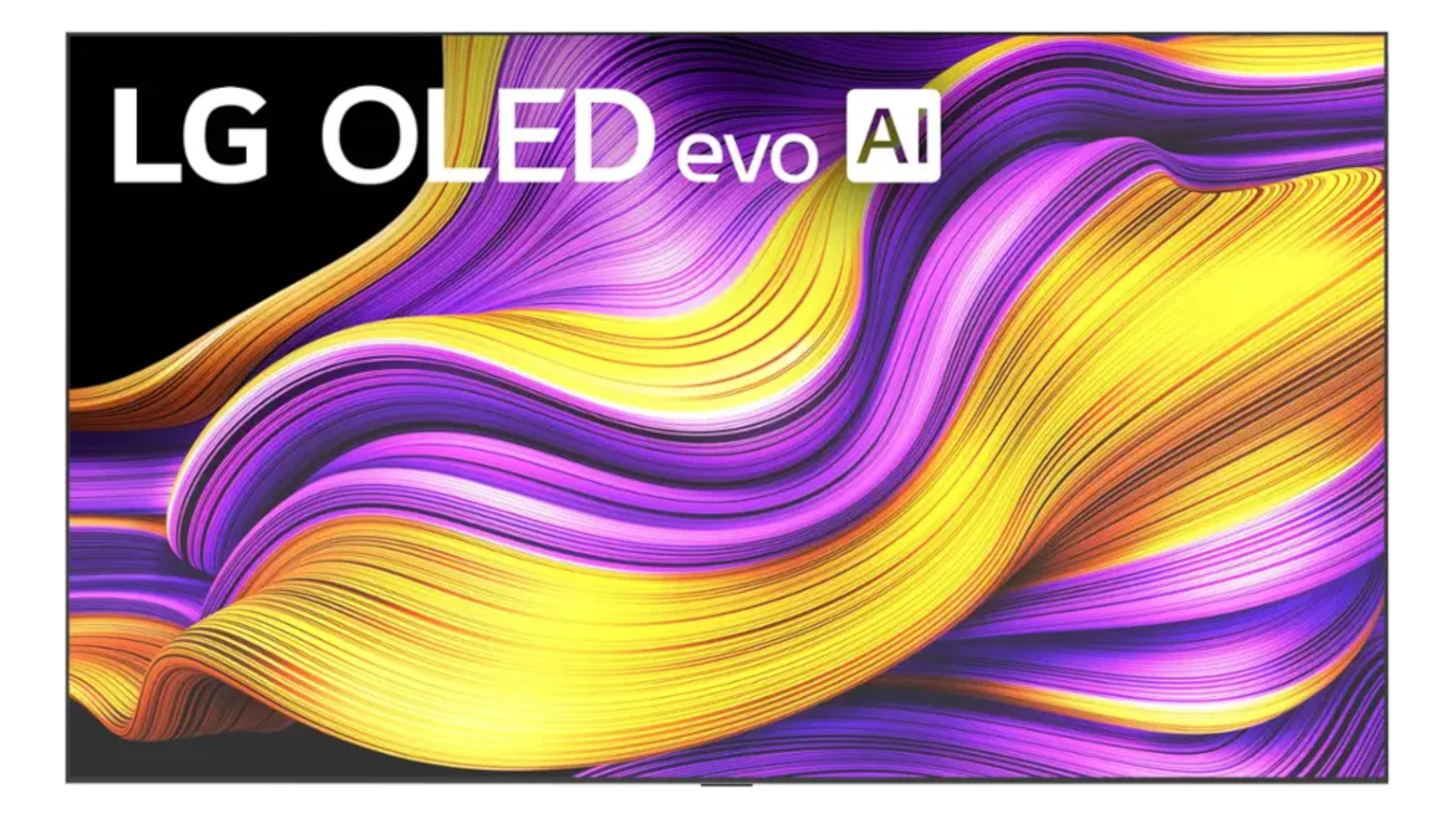
The G5 is one of the best TVs LG has ever made, OLED or otherwise. However, its top-shelf hardware and jaw-dropping performance will set you back considerably, and its stand is sold separately.
Best overall
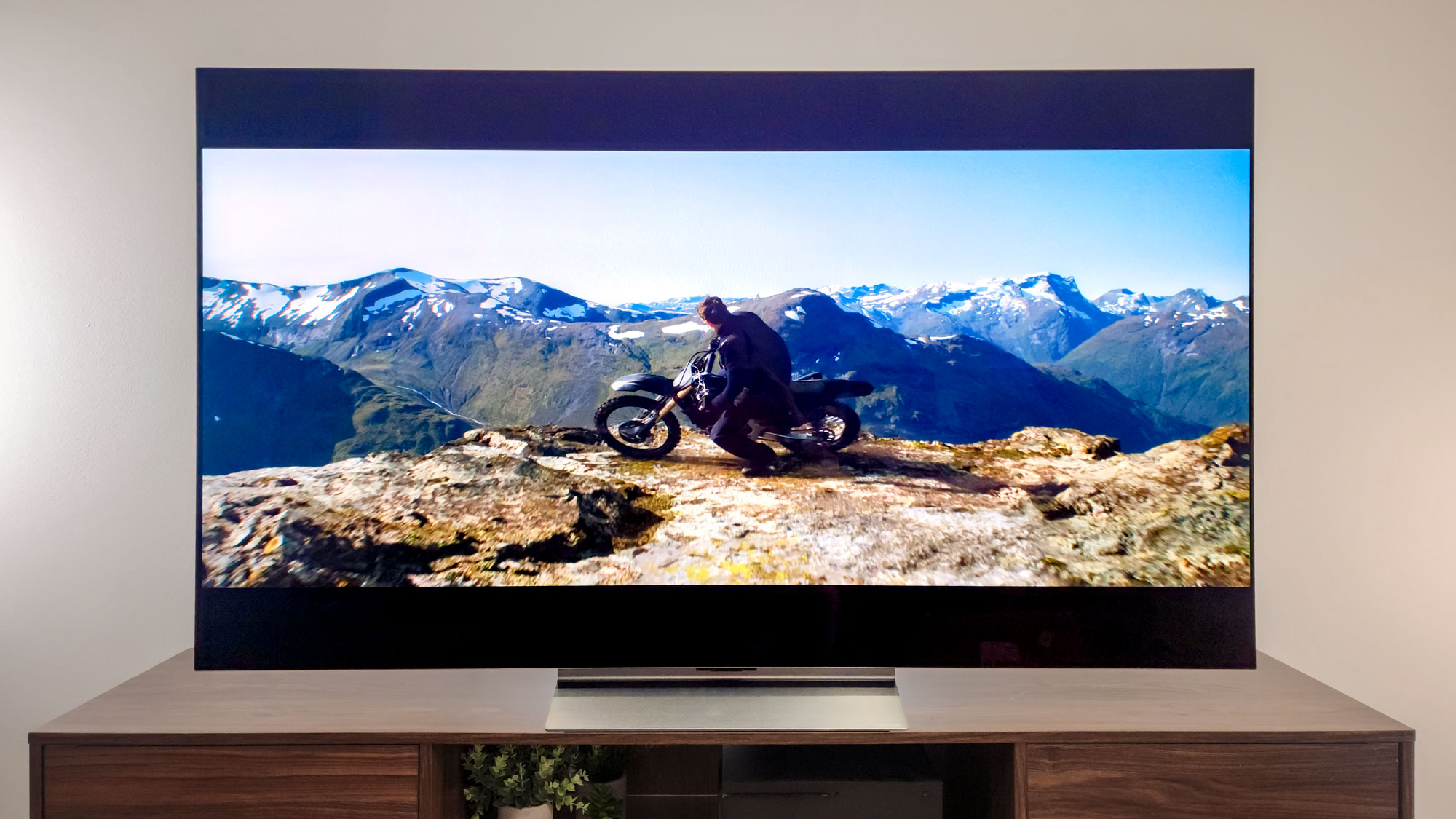

Specifications
Reasons to buy
Reasons to avoid
Right now, the best LG TV overall is the LG C5 OLED. It’s not exactly budget-friendly when compared to some of the more affordable LG TVs on shelves, but it offers incredible picture quality for the price. For this reason, it's one of LG's most popular TVs.
It's also a versatile pick. It’s good for everything: daytime sports, movie nights, gaming and streaming.
Like all of the TVs on this list, every pixel on the C5 is self-illuminating, which has a hugely positive impact on picture quality.. OLED TVs like the C5 naturally feature incredible contrast, depth and clarity, but the C5 also delivers terrific brightness.
In addition, there are plenty of gaming features here to satisfy even the most dedicated of gamers. All four of the C5's primary ports are HDMI 2.1 and offer full support for nearly all of the features found on Xbox Series X and PlayStation 5.
The C5 comes from a long line of OLED TVs known for quality and value. It's pricier than many LCD/LED-based LG TVs, but you get what you pay for.
- Read our full LG C5 review
Best value
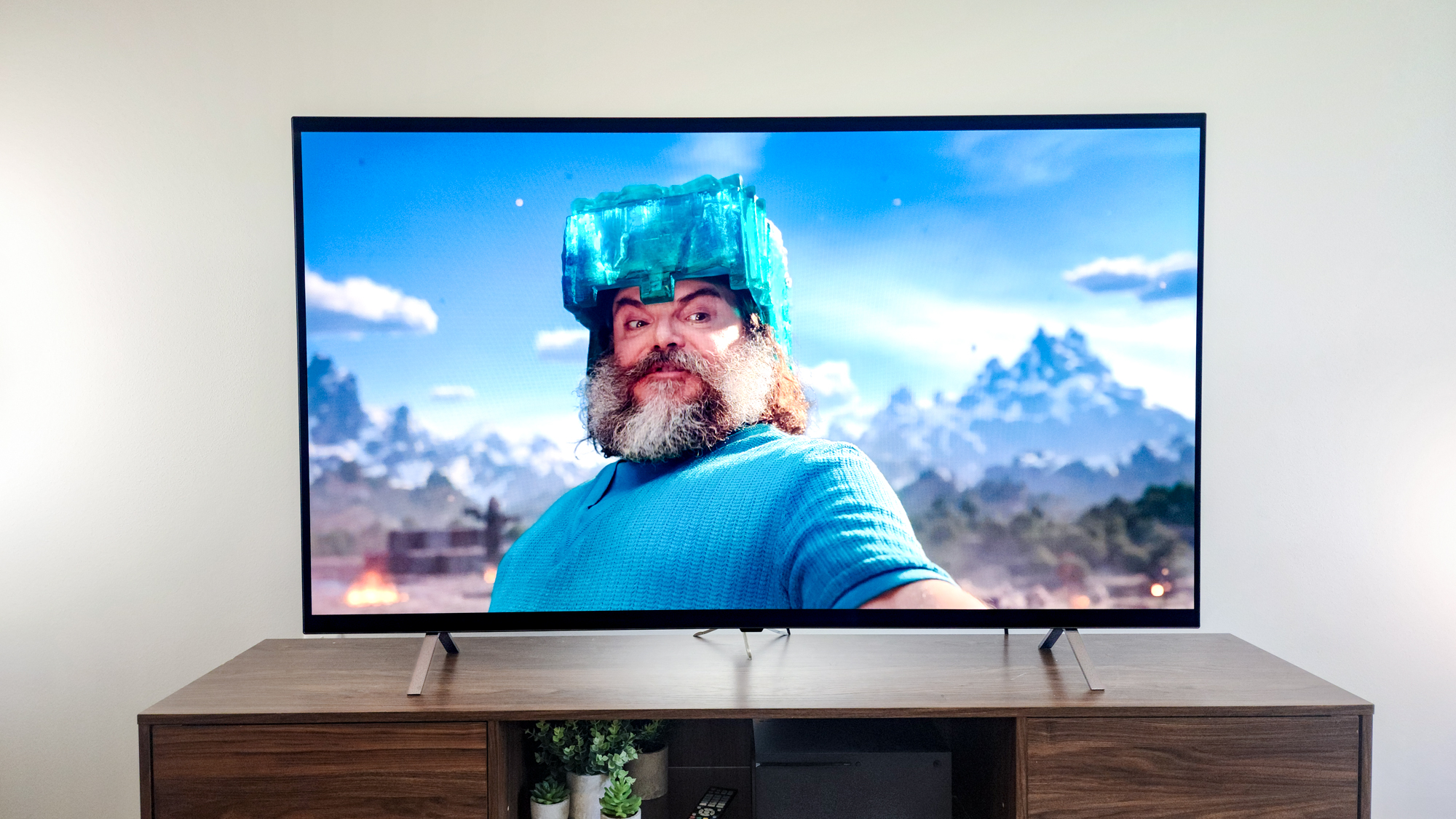
Specifications
Reasons to buy
Reasons to avoid
The LG B5 is one of the most affordable OLED TVs on the market, which makes it a slam-dunk pick if you're shopping for an LG TV but don't want to break the bank.
Compared to the LG C5, the B5 isn't as bright, but it does arrive with almost all of the same features. Gamers are getting a great deal here, since the B5 offers a near-identical slate of gaming features as the C5 (the major difference being that the LG B5 tops out at 4K/120Hz support compared to the C5's 4K/144Hz support).
It's true that the B5 isn't quite as versatile as the C5 due to its relatively limited brightness, but for dimly lit rooms, the B5 still shines. The sensational contrast of OLED displays goes a long way towards making its highlights appear more impressive than they would on an LED TV with similar brightness specs.
Simply put, the LG B5 is a fantastic compromise for those shopping for an LG TV on a budget.
- Read our full LG B5 review
Best OLED
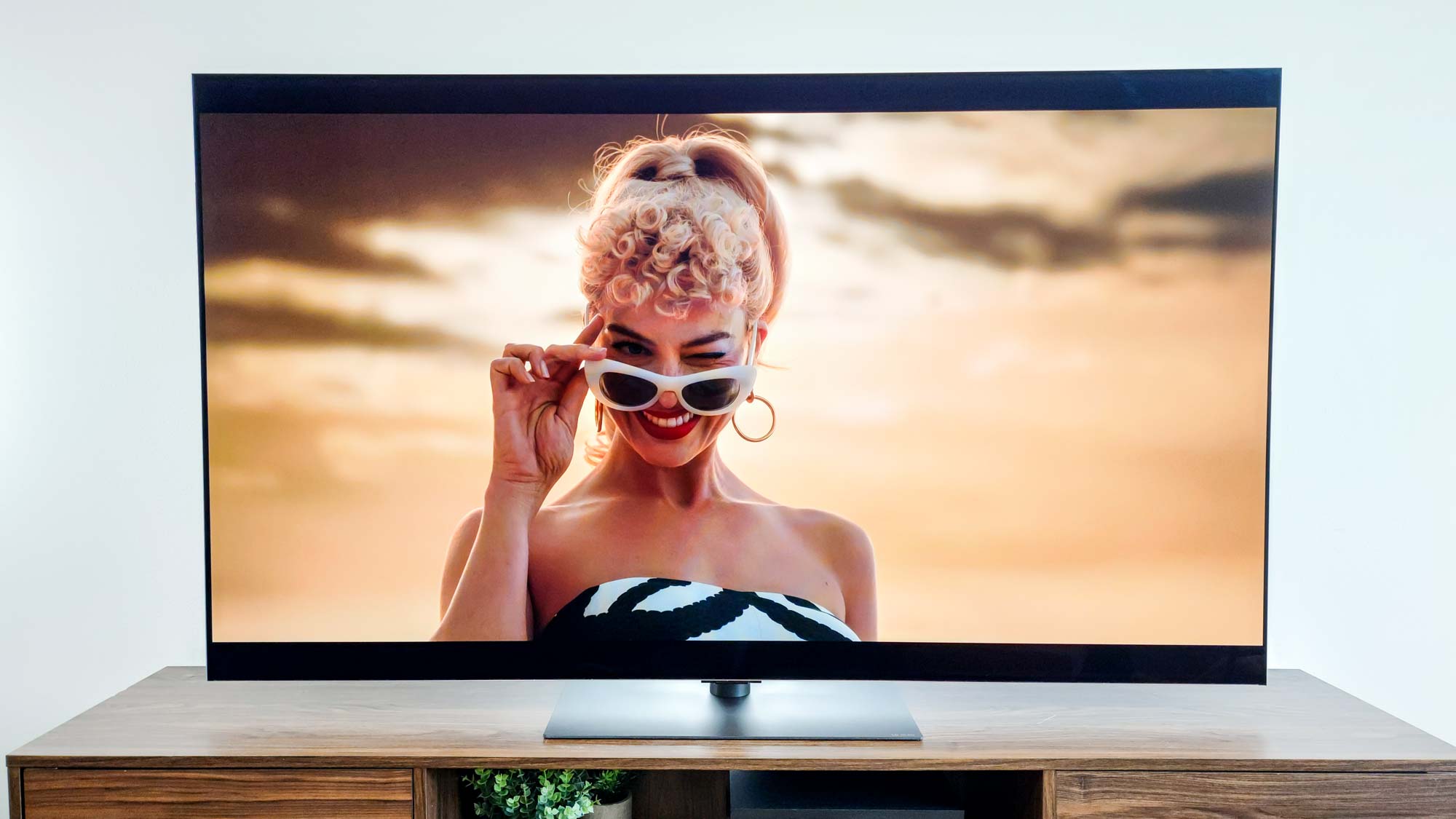

Specifications
Reasons to buy
Reasons to avoid
The LG G5 OLED is one of the best TVs LG has ever made. It doesn’t come cheap, but if you’re looking for the best LG TV on shelves today, the G5 has your name on it.
What sets the G5 apart from other LG OLEDs is its panel type. It's one of the first TVs to tap LG's all-new, fourth-generation OLED panel. You can read all about this exciting tech in our four-stack OLED explainer, but the basic gist is that it allows the G5 to get brighter than nearly all other OLED TVs you can buy right now.
When you pair sizzling HDR highlights with perfect black levels and pixel-level dimming, magical things happen to the picture. The G5 is a feast for the eyes, and if that wasn't enough to sway you, consider its class-leading set of features for gaming, streaming and more. It's a total powerhouse.
One thing to be cognizant off, however, is the fact that the G5 doesn't arrive with a stand. That piece has to be purchased separately. Instead, it's specially designed to be wall-mounted and features an elegant no-gap design.
For most people, the LG C5 (and its included stand) is the better fit. For folks willing to splash out on something special, the G5 won't let them down.
- Read our full LG G5 review
Our LG TV test results
If you want more context in the technical side of how these TVs perform, I’ve rounded up some of the key results from our lab testing to help you compare each model.
TV | Peak brightness (nits) | Delta-E (lower is better) | Rec. 2020 color gamut coverage |
|---|---|---|---|
LG C5 | 1,165 | 1.3 | 76.18% |
LG B5 | 632 | 1.7 | 76.59% |
LG G5 | 2,296 | 1.9 | 82.42% |
Peak brightness is exactly what it sounds like: a measurement of how bright the TV gets while receiving an HDR signal. This test involves measuring a 10% white window, so it more accurately describes highlight brightness, not the average brightness of the full picture.
Delta-E is a measurement that describes color error, with a lower number representing a more accurate average. A Delta-E of below 3 is considered a degree of error below what most people would be able to perceive with their naked eye.
Rec. 2020 (also known as BT. 2020) is an international color space standard for newer displays. The percentages in this column describe how much of that color space these TVs are capable of covering.
Frequently asked questions
How much do LG TVs cost?
Why you can trust Tom's Guide
As is the case with all major TV brands, LG TVs range in price depending on their hardware, available features and overall performance.
Most LG TVs are 4K smart TVs. On the lower end are entry-level LCD/LED TVs with a minimum amount of features. On the higher end of the spectrum are LG OLEDs, the best of which will likely set you back thousands of dollars (depending on size).
What is LG OLED?
LG's best TVs are all OLED, and it's easy to see why. They offer superb color and brightness, best-in-class contrast and slimmer designs than some of the sleekest LCD-based smart TVs. But what is OLED, exactly?
OLED is an abbreviation for Organic Light Emitting Diode, a display technology that uses organic compounds in its pixel structure. These materials are printed onto glass with a pixel structure that uses red, green, blue and white points of light to create the individual pixels. Each one lights up when current is applied, meaning that each pixel lights up individually, a major difference from LCD TVs, which use a larger backlight behind an LCD panel.
Thanks to the unique per-pixel nature of OLED's self-illuminating technology, the displays on LG's best TVs offer infinite contrast with true blacks, delivering sharper looking images, better HDR performance and great overall performance. The latest OLED models also deliver superb color and a wide color gamut.
The result is the best TV technology you can presently buy, offering dramatically better picture quality than most LCD/LED-based TVs on the market.
What is LG QNED?
LG QNEDs are a specialized line of LG-branded LED TVs. This means that, unlike LG OLEDs, they’re backlit by either standard-sized LEDs or smaller-sized Mini-LEDs.
Typically, Mini-LED TVs perform better than traditional LED TVs, as they tend to offer better brightness and contrast control. Unsurprisingly, you can expect to pay more for an LG QNED with Mini-LEDs.
At one point in time, all LG TVs that carried the QNED moniker featured brightness- and color-enhancing nanocrystals called quantum dots. These days, quantum dots are not a prerequisite for QNED TVs, though some models do come with this feature.
Currently, there are no LG QNEDs on this list, as their performance falls short of LG's newest OLED TVs. The recently released, entry-level LG QNED80T, for instance, doesn't offer much in the way of features, and its picture quality leaves much to be desired.
What is LG webOS?
One of the defining elements of LG smart TVs is webOS, the software platform that delivers all of the apps and smart features. LG has some of the smartest TVs on the market, and webOS is what makes it all work.
Some of the most distinctive features of webOS include support for both Amazon Alexa and Google Assistant voice assistants, a control dashboard for smart home devices and LG Channels, an aggregated list of free streaming services and movies.
Get instant access to breaking news, the hottest reviews, great deals and helpful tips.

Michael Desjardin is a Senior Editor for TVs at Tom's Guide. He's been testing and tinkering with TVs professionally for over a decade, previously for Reviewed and USA Today. Michael graduated from Emerson College where he studied media production and screenwriting. He loves cooking, zoning out to ambient music, and getting way too invested in the Red Sox. He considers himself living proof that TV doesn't necessarily rot your brain.
 Club Benefits
Club Benefits










